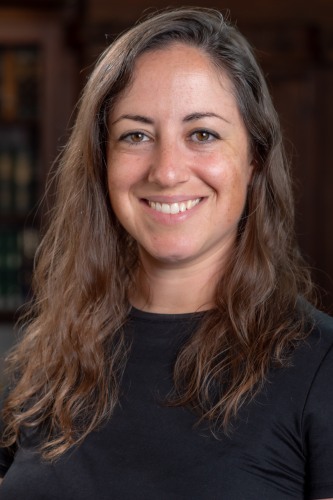Journal of Geophysical Research: Solid Earth
Mechanisms of Mass Transfer in Sediment-Rich Mélanges in Modern Subduction Zones
This new work combines experimental petrology and modeling to understand the conditions of sedimentary diapir formation occurring in subduction zones. Led by collaborators at University of Arizona along with DEEPS Assistant Professor Emily Cooperdock, the authors find that subducted sediments are unlikely to form diapirs except in warm, slow subducting systems. Sedimentary diapirs may contribute to arc magmatic geochemical signatures under these specific conditions.
Read Article
